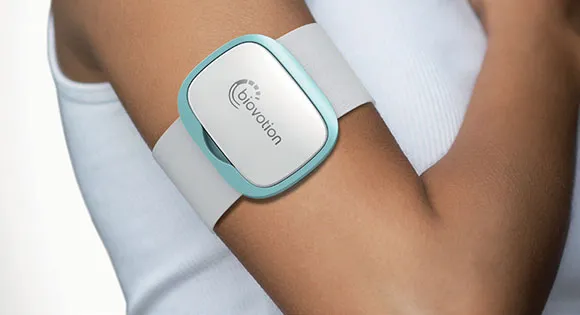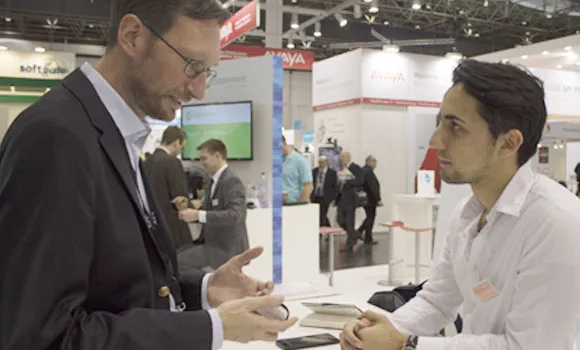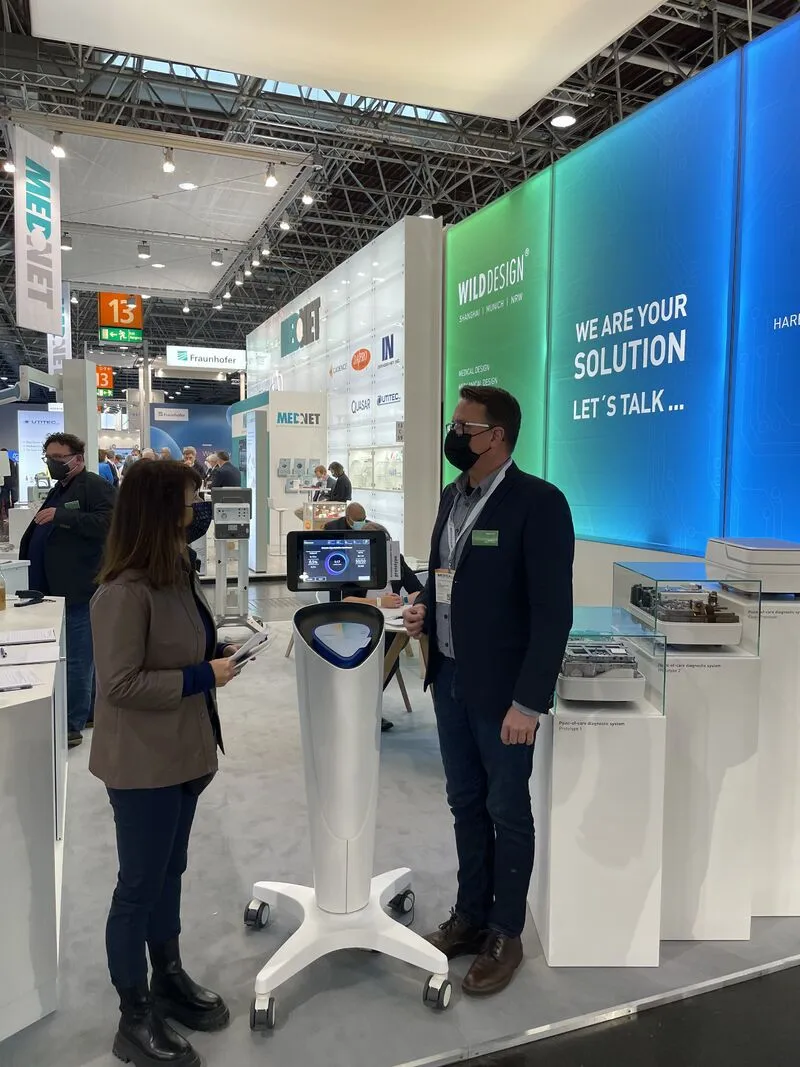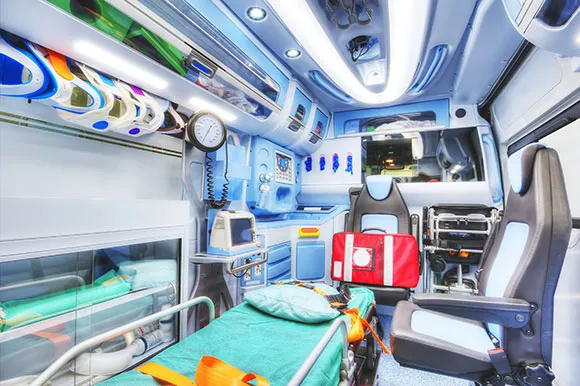Experience
Wearables and mobile health trend in an interview with Andreas Caduff
First-hand expert knowledge: In the current Medical Design Trend Update 2018 experts from various medical technology disciplines provide an insight into their specialist field. We interviewed Andreas Caduff, Managing Director of Biovotion/ (now Biofurmis), on the topic of mobile health. Biovotion AG, based in Switzerland, is one of the most innovative eHealth companies internationally and specializes in physiological patient monitoring.

Introductory words from Andreas Caduff on the topic of m-Health:
Medical technology is becoming increasingly "consumerized": The main user of a medical device is no longer a professional specialist such as a doctor or nurse, but the patient themselves. For the manufacturer, this means that medical technology must be designed in such a way that even a layperson can use these products safely.
User interfaces are changing dramatically and are adapting to this trend. These technologies can also be used at home. This increases the demands on the products: Measurements, data transfer and data processing should become easier for the customer.

What are the advantages and disadvantages of m-Health?
Let's start with the disadvantages. Which services are most frequently used by patients? People don't like it when human-to-human interaction is completely replaced by a machine or software. That is not accepted.
At some point, the successful models will again include interaction with people. It is also important to create added value for the customer; mHealth cannot be integrated into products in all medical areas. On the other hand, a product often has several target groups. The problem here is that not every target group benefits equally from mHealth. Ideally, each player should benefit together. People are getting older, we have more and more chronic illnesses and fewer staff to look after them all. This is why mHealth is becoming increasingly important as an interface for codifying expert knowledge in order to tackle social problems.
How will wearables develop in the future?
I think the word wearables will increasingly become the wrong word for the emerging product industry. Wearable is a wearable device, but what we need to have is an integrated landscape that provides solutions. So we don't just need a wearable, we also need security performance, identifications and actionability. These things need to grow together, then it's no longer just a wearable, but perhaps a medical IoT (Internet of Things), a process-optimized solution.
Is it more difficult to establish yourself as a startup in this area?
As a young company, you always have to be aware of the advantages you have in terms of innovative, new ideas. The disadvantage that we have little market power and limited resources must not outweigh this.
Thank you very much, Mr. Caduff.
The interview was conducted by Albert Ibragimov.
You can read the full article on the topic of eHealth in the current Medical Trend Update 2018.
Frequently asked questions




